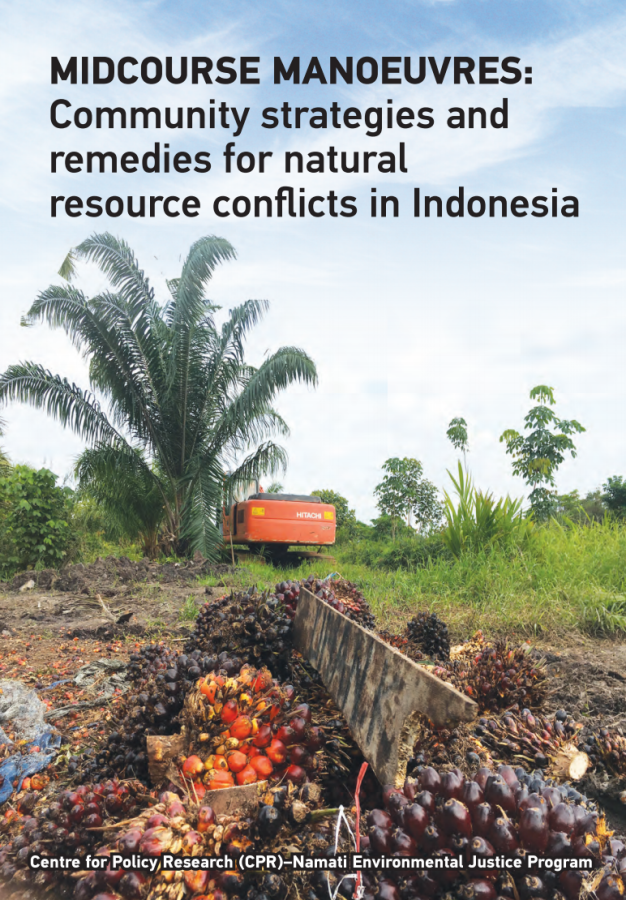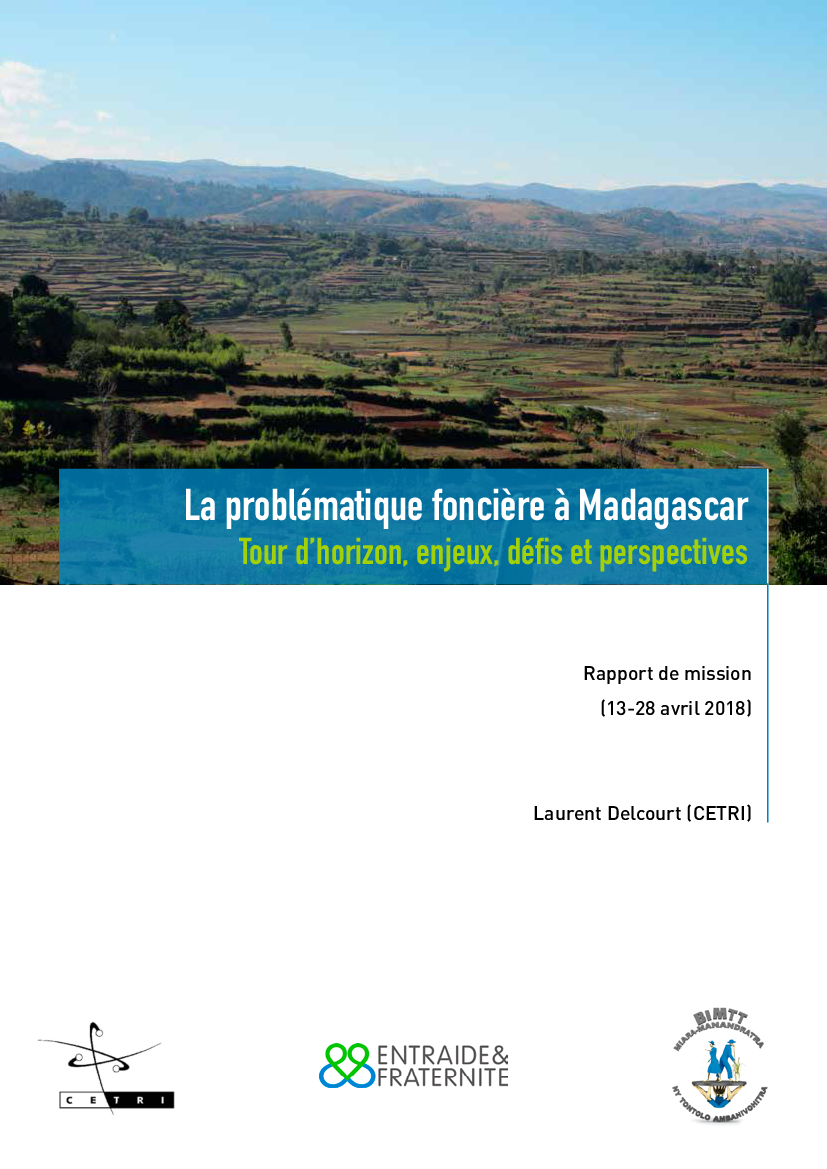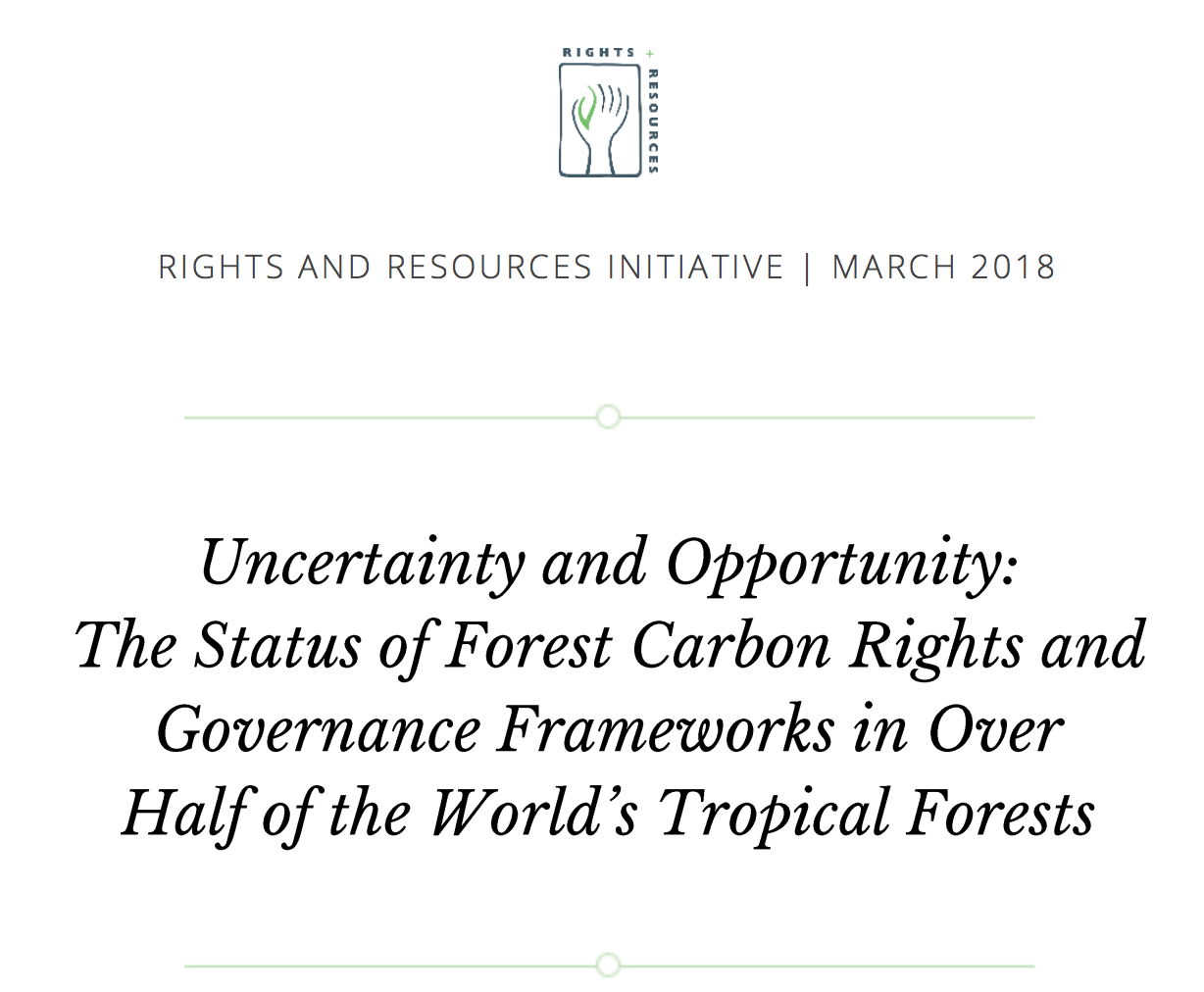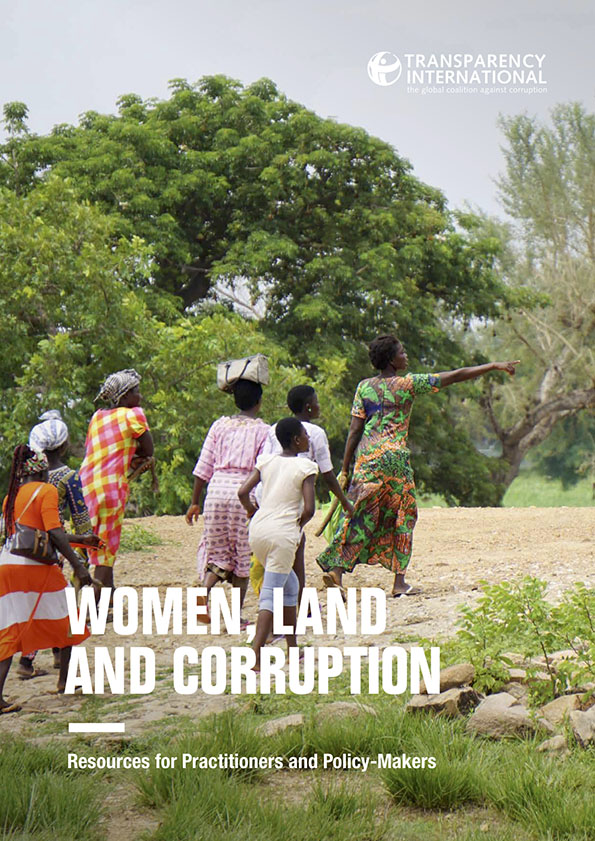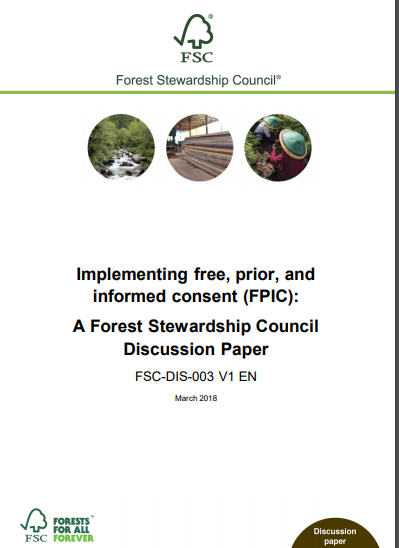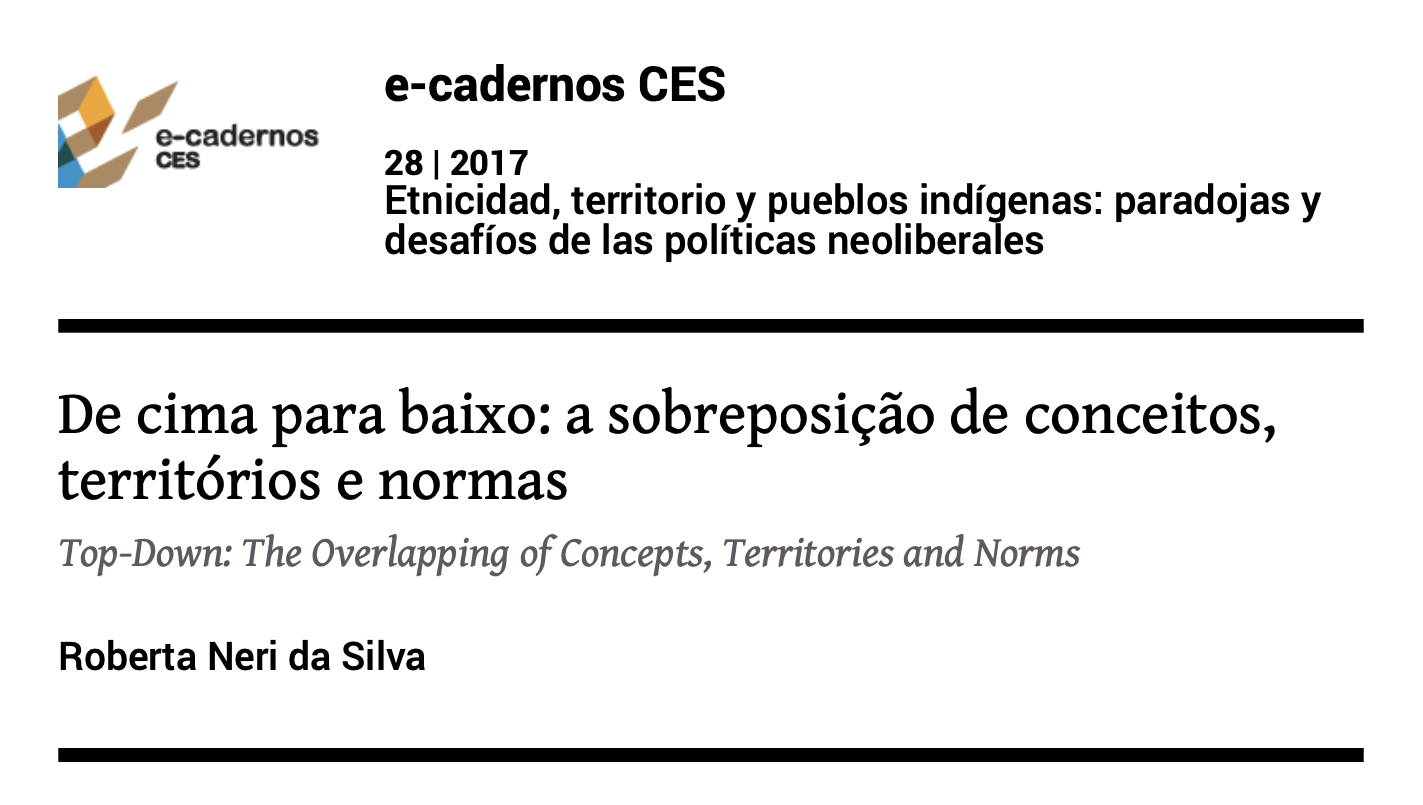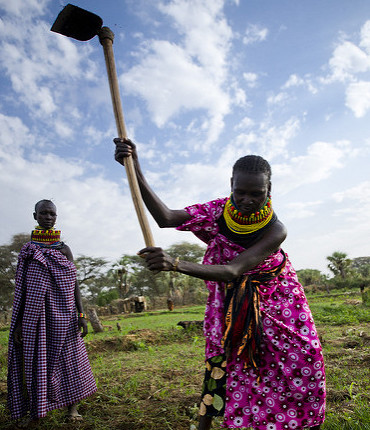Midcourse Manoeuvres: Community Strategies and Remedies for Natural Resource Conflicts in Indonesia
Over the last 50 years, most Asian countries have gone through a shift from subsistence agricultural systems to industrialized economies. In Indonesia, the major shift came in 1966, when General Suharto successfully staged a military coup. Under his presidency, Indonesia experienced the “New Order”. A key aspect of this regime was trade and industrial expansion. Changes were made to foreign and domestic investment laws to facilitate growth, including the removal of most controls on private investments.

